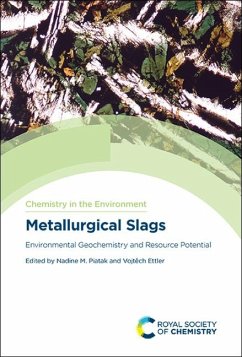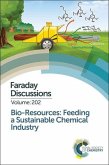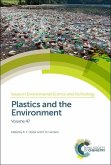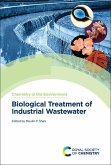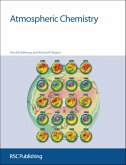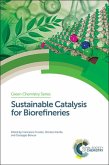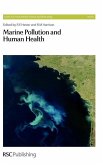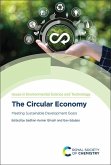Metallurgical slags are generated as a by-product of smelting during ironmaking, steelmaking, and the production of ferroalloys and non-ferrous metals. The formation conditions result in complex chemical and mineralogical characteristics unique to slags alone. Historically slags have been discarded as a waste product and, through release of potentially toxic trace elements, represent a hazard to the environment and human health. However, increasingly we are realizing the resource potential of what was previously thought of as waste, thus reducing the environmental impact and taking a step closer to a circular economy. This book is a definitive reference on the environmental geochemistry and resource potential of metallurgical slags by summarizing processes for the generation of slags, describing their chemical and mineralogical characteristics, outlining the fundamental geochemistry that propels slag weathering, and illustrating the utilization of slags. Particular attention is given to the value of slags in modern society as they are used widely as construction materials in civil engineering, and as irreplaceable filters in sequestering excess nutrients, pathogens, metal and/or organic contaminants, and even greenhouse gases. The latest developments on recovering residual valuable metals in slags, including new techniques for extracting by-product elements needed for green and frontier technologies, are revealed. This book is essential reading for environmental geochemists, geologists, metallurgists, mining and civil engineers, waste and resource managers, and all those interested and inspired by a circular economy and minimizing our environmental footprint on planet Earth.
Hinweis: Dieser Artikel kann nur an eine deutsche Lieferadresse ausgeliefert werden.
Hinweis: Dieser Artikel kann nur an eine deutsche Lieferadresse ausgeliefert werden.

